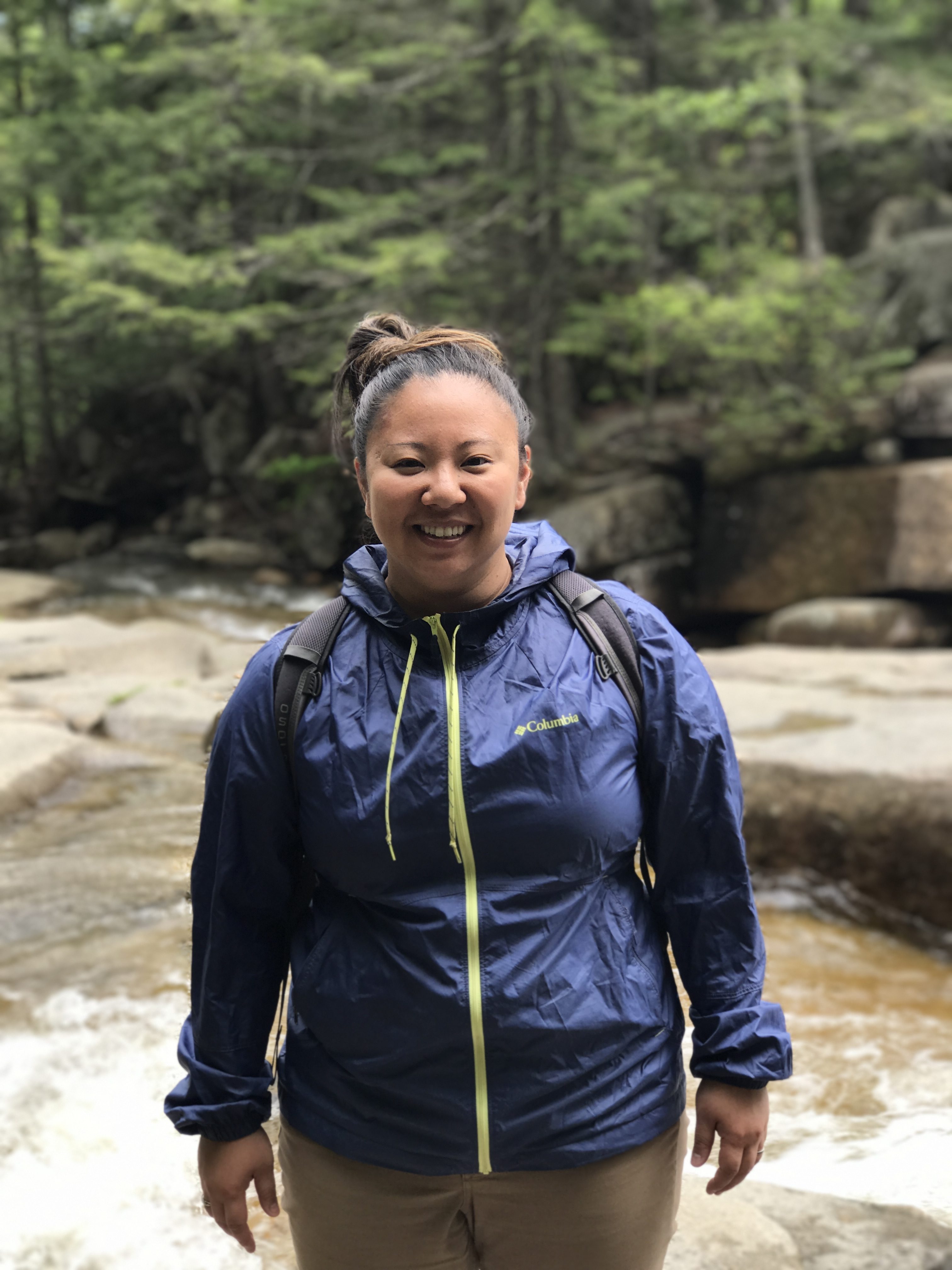Ashley Bulseco-McKim, a graduate student at Northeastern’s Marine Science Center, is about to find herself spending a lot more time wading into the mud and water, with her nostrils flaring at that “low tide” smell of a salt marsh.
While stinky, salt marshes are vitally important to the climate for their ability to store carbon. In fact, their strong scent comes from their organically rich sediment full of carbon. Through this, salt marshes are an important natural tool to help mitigate climate change. As one of the 2017 recipients of the NSF Doctoral Dissertation Improvement Grant (DDIG), a grant that will fund Bulseco-McKim in furthering a specific area of her dissertation research, she will be able to dive deeper into understanding the effect humans have on a salt marsh’s ability to store carbon and how its microbes mediate changes in soil nutrients. Her research is done under the mentorship of Associate Professor in the Department of Marine and Environmental Sciences Jennifer Bowen.
Salt marshes receive many inorganic nutrients from fertilizers, sewage outputs, and more. Her research consists of controlled experiments to measure biogeochemical rates in the sediment and to study the microbial community in response to these nutrients. Bulseco-McKim hopes to connect the microbial changes due to disturbances, like nutrient addition, to biogeochemical processes within the carbon cycle.
With the DDIG, Bulseco-McKim will be able to further her research to understand more about the microbes in the salt marshes. Through the addition of metagenomics and metatranscriptomics, Bulseco-McKim will be using a tool to look at the genes expressed in response to nutrients like fertilizers. Right now, there is very little information about what kinds of microbes are in salt marshes and what their purposes are, and this focus in meta-omics will provide a lot of information about microbial communities and their changes.
After an eight-page proposal process proving that this additional research will be informative for her dissertation, as well as showing its societal impact, Bulseco-McKim is looking forward to digging into this project.
“This kind of molecular work is fairly new to me, so I’m excited because the work I have funded requires a lot of computational work, and obtaining these new skills over the next several months will be critical for my development as a student and a scientist,” Bulseco-McKim said.
In reflecting on the steps thus far in her graduate career, Bulseco-McKim commented on the importance of having a strong support system amongst demanding and exhausting work, where failures often seem to outweigh successes.
“Jen [Bowen] is such a strong mentor. Your mentor should be your biggest cheerleader and I think she fills that role for myself and anybody else in her lab. She does such a great job at being encouraging in applying for proposals like these and others. Realizing that you can come out on top every once in a while, I really attribute this success to getting that kind of support, the relentless encouragement,” she stated.
Bowen’s endless support has also helped Bulseco-McKim earn a leadership position for the governing board of the Coastal and Estuarine Research Federation (CERF) as their student member-at-large. As their student member, she’ll be working with the rest of the board to help advance coastal science, represent the student voice, and help to contribute to programs that support recruitment and retention of diverse students in science.
Congratulations Ashley, and we can’t wait to hear about the exciting and groundbreaking work you do!

